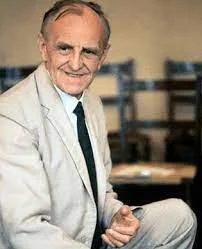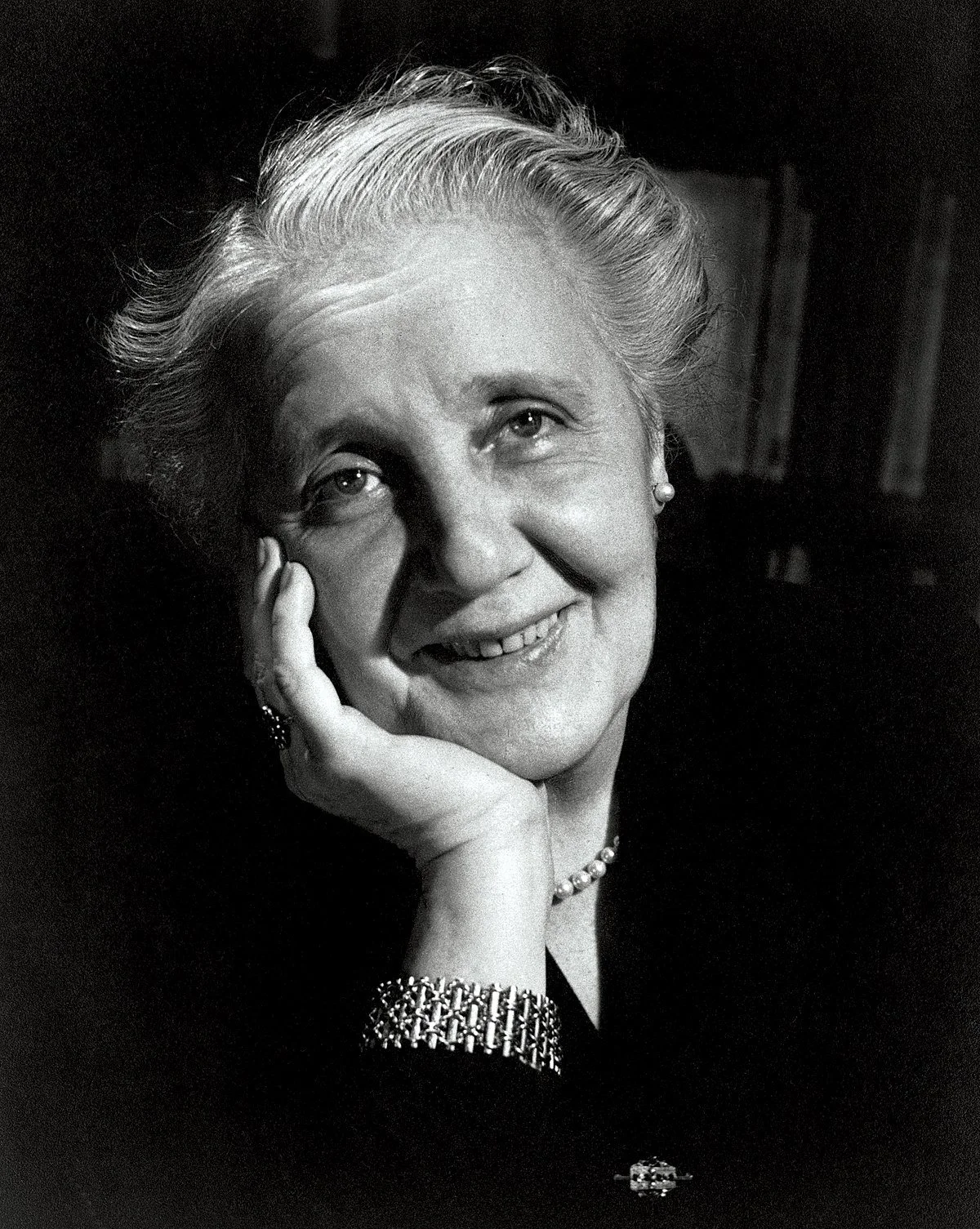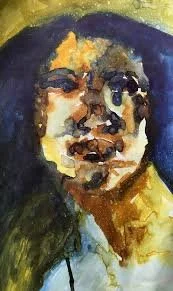When Trauma is Unspeakable
At Lost Stories Counseling Services, we use a variety of techniques and frameworks to help clients process their traumatic experiences based on the principle that each persons unconscious has a capacity to craft sublime poetry with infinitely intimate meanings. One such technique to open one up to this poetry is the technique of "linking objects" developed by Vamik Volkan for Re-Grief Therapy..
Volkan, a Turkish psychoanalyst, believed that we often use objects in our environment to represent important relationships or experiences in our lives and therefore developed what he called re-grief therapy. These objects act as a bridge between our conscious and unconscious mind and can be used to access deep-seated emotions and memories.
In therapy, linking objects can be used to help clients process traumatic events or complex relationships through symbolic representations. The therapist may ask the client to identify an object that represents the traumatic experience or relationship and then use this object to explore the client's emotions and experiences.
For example, a client who experienced a traumatic event involving water may choose a seashell as their linking object. The therapist may ask the client to talk about their memories of the traumatic event while holding the seashell or to imagine themselves inside the seashell looking out at the event from a safe distance.
Linking objects can also be used to foster positive emotions and connections. For example, a client who has lost a loved one may choose a favorite photograph or piece of jewelry to represent that relationship. The therapist may encourage the client to talk about positive memories associated with the object or to create new positive memories by engaging in activities while holding or wearing the object. The patient is also invited to do the work of demarcation, which is to use the object to set a boundary between the patient and the representation of the dead so that they ritualize a turn back towards life and its meaning.
Using linking objects in therapy can be a powerful tool for helping clients process complex emotions and experiences. At Lost Stories Counseling Services, we are committed to using a wide variety of established therapeutic techniques to help our clients achieve emotional growth.
The Reality of Religious Trauma Syndrome
Religion can be a source of comfort and community for individuals, and it also has the potential to lead to religious trauma syndrome (RTS). Religious trauma syndrome is a term given to describe the psychological and emotional damage that can occur due to involvement in a religious organization or system especially to those who have been punished for their identity.
RTS is a real and serious mental health condition that can be experienced by people who have had negative experiences with religion. The symptoms of RTS can manifest in several ways, including:
Feeling deep guilt and shame for things that are scientifically and morally acceptable in the outside world
Having difficulty separating one's personal identity from that of their religious community
Being unable to trust others outside their religion or belief system
Having intense anxiety and fear while questioning their beliefs
Experiencing feelings of depression, anxiety, and post-traumatic stress disorder-like symptoms due to religious experiences
It's essential to understand that RTS is not merely a personal failure or weakness but a result of systematic religious abuse or exploitation. Religious trauma syndrome can be especially challenging because it can take so many forms that are more challenging to recognize.
Advocates for the therapy of RTS assert that it’s critical to address it like any other mental illness. Religious trauma sufferers require mental health services to help cope with their fears and doubts while providing understanding and support. People experiencing RTS may need psychotherapy, group therapy, or trauma-focused types of therapy to recover.
In conclusion, RTS can be a debilitating mental health condition that can be caused by involvement in a religious organization or system. However, therapy and support groups can help those affected recover and process their experiences. Therefore, mental health professionals and Religious organizations need to collaborate to create safe spaces for persons to negotiate their beliefs and disentangle abusive religious systems safely. This is why Lost Stories Counseling is actively against systemic prejudice which means we are gay allied and anti-racist, committed to confront our own biases and micro-aggressive behaviors. At the core of our work is to give excluded stories, which are often lost stories in the larger societal narrative, the space they deserve in coming to know a truth that may make us all more free to associate. Come share your stories with us.
The Use of Transitional Objects in Mourning
Donald Winnicott was a British psychoanalyst who introduced the concept of transitional objects. According to Winnicott, transitional objects serve as a bridge between the inner and outer reality of an individual to work through the integration of good and bad objects in the development of the ego - or self. In the context of mourning, a transitional object can help a person deal with grief and loss.
Mourning is a process that involves the acceptance and understanding of loss. It is a time when individuals may feel overwhelmed by a range of emotions and may struggle to come to terms with their feelings. During this time, a transitional object can provide comfort and support.
Transitional objects can take many forms, but they are typically objects that provide comfort and familiarity to an individual. Examples of transitional objects include stuffed animals, blankets, or even photographs. These objects serve as a physical representation of the connection between the individual and the person or thing that was lost.
For example, a person experiencing the loss of a loved one might cling to an item of clothing that belonged to the deceased. The clothing serves as a transitional object because it is a physical representation of the connection between the individual and the person who has passed away.
In the context of mourning, transitional objects can help individuals cope with the emotions associated with grief and loss. These objects can provide a sense of comfort and familiarity during a difficult and emotionally challenging time.
In conclusion, Donald Winnicott's concept of transitional objects can be helpful for individuals experiencing grief and loss. Transitional objects can provide a bridge between the inner and outer reality of an individual and can serve as a physical representation of the connection between the individual and the person or thing that was lost. By helping individuals cope with grief and loss, transitional/linking objects can make the process of mourning more manageable and give symbolic insight into what lost object we seek in our mourning journey.
Dialectics of Depression in Mourning
Many know the Father of Psychoanalysis, Sigmund Freud, but not many know it’s Mother - Melanie Klein.
Melanie Klein was a pioneer in psychoanalytic theory and established the field of object relations theory. She is known for her work in inventing play therapy to study infant development and her theory of the depressive position and mourning.
According to Klein, in the early stages of development, an infant experiences the world through splitting - idealizing and demonizing primary caregivers. However, as the infant grows, they begin to integrate the good and bad aspects of these objects to form a whole. This process is known as the depressive position.
The depressive position is a pivotal moment in development where the infant learns to cope with the ambivalence of loving and hating primary caregivers. It involves the ability to mourn the loss of an idealized object and move towards a more realistic perception of the object. Klein viewed mourning as an ongoing process in which individuals confront and work through the anxiety created by the loss of objects.
Klein's work on mourning has significant implications for understanding psychological distress. Failure to progress through the depressive position can result in pathological mourning and lead to depression and anxiety. The ability to mourn is essential in building resilience and the capacity to move forward after experiencing loss.
In summary, Melanie Klein's work on mourning and the depressive position revolutionized psychoanalytic theory in that it created a dialectics of depression. When there is a duality of good and bad feelings to overcome this split, is the process of dialectics which is to embrace the bad option not the good feelings. In other words if we work to not avoid depression, rather, go right into it, then maybe we can see that some of the bad we have projected into our primary caregivers and also internalized some their badness within ourselves. Mourning for Melanie means to integrate good and bad aspects of significant others in early development and the ability to mourn and face anxiety in the loss of an object, especially when they are lost at death. Understanding these concepts can assist in developing appropriate therapeutic interventions for those experiencing pathological mourning or depression.
*please take depressed feelings seriously. If you or someone you know has thoughts of harming yourself or others please turn to help. Call or text 988 to reach the National suicide hotline.
The Lost Object
Jacques Lacan, the French Freud, is a prominent psychoanalyst who has made significant contributions to the understanding of human psychology. His theories on the subject of desire provide us with an insightful view on the human mind and the way our experiences shape our desires. One of Lacan's most prominent developments is the objét petit a, which he conceptualized as the object of desire that is unattainable yet always yearned for which links to Freud’s lost object. For Lacan, the lost object is not merely that we have lost our love one but we have lost their love - or more specifically their desire.
Furthermore, Lacan believed that the superego plays an important role in the formation of desire. As discussed in the previous blog post, the superego is the part of our psyche that is responsible for creating a sense of morality and values that guide our actions. More than the ‘should not’s’ of superego, Lacan notes the ‘shoulds’ of the superego or ideals which give us some mapping to the desire of our lost objects. Lacan argues that the superego and the fantasy of ‘missed blessings’ (my interpretation) creates a sense of guilt and anxiety in us by making us feel as though we are lacking or not doing enough. This, in turn, drives us to pursue the objét petit a as a way of filling that emptiness and assuaging our anxieties to find love as the lost object.
Finally, Lacan also highlighted the importance of the desire of the other in shaping our own desires. The desire of the other refers to the way we model our own desires after those of people we admire or view as authority figures. This is because we want to be like them and feel validated by their approval. Consequently, our desire is shaped by those around us, whether consciously or unconsciously.
Overall, Lacan’s theories on the objét petit a, the superego, and the desire of the other offer insight into why we desire certain things and what drives us to pursue them. How does this change how we mourn? For Lacan, Melancholia or depression is not a feeling but a lack of feeling or desire. In mourning we journey to find the Object cause of desire and to find our desire again. In this kind of therapy, we can experience love less as filing a lack and more of a path to setting healthy limits in loving relationships so that ones singularity is protected and maintained.
The Intersection of Guilt and Grief
In his paper on "Mourning and Melancholia,"* Sigmund Freud explores the concepts of grief and depression. Freud argues that mourning, or the natural grieving process after the loss of a loved one, involves a separation between the ego and the lost object. This allows the person to ultimately come to terms with the loss and move forward. However, in the case of melancholia, the individual cannot successfully separate their ego from the lost object, resulting in a painful and debilitating form of depression. Freud's paper suggests that mourning is a healthy and necessary process for healing after loss, and that therapy can help individuals struggling with melancholia to work through their unresolved grief. Overall, "Mourning and Melancholia" contributes significantly to our understanding of grief and depression and remains a widely studied and influential work in the field of psychology.
Sigmund Freud, the founder of psychoanalysis and Father of psychotherapy, had a significant impact on our understanding of mental health. In his seminal work Mourning and Melancholia, Freud discusses the connection between the process of mourning and the development of the superego.
According to Freud, mourning is a natural and normal process that occurs when we experience the loss of a loved one. In contrast, melancholia is a more severe form of mourning that can occur when we experience a more abstract or intangible loss, such as the loss of a relationship or even the loss of our own identity. In melancholia, we become detached from reality and experience a profound sense of sadness and despair.
Freud believed that both mourning and melancholia are important processes for the development of the superego, which is our internal moral compass and sense of right and wrong. During mourning, we learn to internalize the values and beliefs of the person we have lost, incorporating them into our own moral code. This helps to strengthen and develop our superego.
In melancholia, however, the process of internalizing these values and beliefs is disrupted. Instead of incorporating them, we feel a sense of guilt and self-loathing for not living up to the standards set by the person we have lost. This can lead to a stronger and harsher superego, and can even result in self-destructive behaviors.
In conclusion, Freud's Mourning and Melancholia provides a valuable framework for understanding the connection between the process of mourning, the development of the superego, and mental health. By recognizing the importance of mourning and the potential dangers of melancholia, we can work to strengthen our sense of self and internal moral compass, and ultimately lead healthier and more fulfilling lives.
*https://www.sas.upenn.edu/~cavitch/pdf-library/Freud_MourningAndMelancholia.pdf
Grieving God?
How our Faith journey may be stuck in complicated grief
Grief is a complex and challenging experience for anyone to navigate, but complicating factors can further complicate the process. Spiritual grief is one such factor that can bring about such unique challenges and complexities.
Spiritual grief can arise when an individual experiences a loss intertwined with their belief system, faith, or spirituality. This loss can come in the form of losing a religious community, facing moral dilemmas, or loss of faith itself. Such a profound loss can lead to feelings of confusion, anger, guilt, shame, hopelessness, and disorientation.
In these cases, the person's spiritual practices may provide comfort, or they may trigger further emotional distress, causing them to question their beliefs, values, and purpose. It is not uncommon for individuals with complicated spiritual grief to feel isolated, misunderstood, or unable to connect with loved ones who may not share their beliefs or understand the depth of their grief.
Laurie Burke believes that a crucial step in healing from spiritual grief is acknowledging the interconnectedness of our thoughts, emotions, and spirituality. In her therapy sessions, she encourages her clients to explore their relationship with their faith and spirituality, examine their beliefs and values, and identify the sources of their grief.
She also helps them identify new practices that align with their spiritual values, explore new religious or faith communities, and challenge negative thoughts or beliefs that cause emotional distress. She affirms that the healing process is not about finding easy answers or quick solutions; instead, it is about accepting the complexity of one's identity and beliefs, and finding peace and purpose in life despite their loss.
In conclusion, Laurie Burke understands the complexity of spiritual grief and the importance of providing a supportive and compassionate space for those experiencing it. She believes that with the right guidance and tools, those with complicated spiritual grief can navigate through their loss and find a new sense of meaning and purpose. For more information or to do the CSG assessment click here*
*https://pdfs.semanticscholar.org/12a8/16148426af20966347f3289270182004ace6.pdf?_gl=1*14duwta*_ga*ODg0ODUzMjc5LjE2ODY0MDg5ODE.*_ga_H7P4ZT52H5*MTY4NjQwODk4MC4xLjEuMTY4NjQwODk4Ni41NC4wLjA.
When does grief need therapy?
It all begins with an idea.
Losing a loved one or experiencing a significant life change can be an extremely difficult and painful experience. Grief is a natural reaction to these events, and it can take a toll on our emotional, physical, and mental wellbeing. While some may try to cope with it on their own, the reality is that grief often needs therapy.
Here are a few reasons why:
Grief is complex and unique to each individual
No two people experience grief in exactly the same way. It can be affected by a variety of factors, including our relationship with the person who has passed away, the circumstances of their death, our culture, and our own personal experiences. This complexity means that no one-size-fits-all approach to dealing with grief will work. A therapist can help clients navigate the complex emotions associated with grief and provide personalized advice, tools, and techniques to help them cope with their loss.
Grief can interfere with daily life
Grief can make it difficult to perform everyday activities, including work and socializing with others. It can be especially hard to continue with the normal routine when the person who has passed away played a significant role in one's life. A therapist can help clients develop healthy coping skills to prevent grief from interfering with day-to-day life.
Grief can lead to depression, anxiety, and other mental health problems
Grief can have a profound impact on one's mental health, leading to depression, anxiety, and other mental health issues. A therapist can help clients identify the signs and symptoms of these conditions and provide the necessary guidance and support to get through these difficult times.
Grief is a process that takes time
Grief is a long process that can take years to fully navigate. Some may feel guilty about not moving on fast enough, not realizing that grief doesn’t have a timeline. It’s a process that one needs to work through at their own pace. A therapist who specializes in grief counseling can provide ongoing support and realistic expectations for their clients during this process.
Conclusion
Grief can be overwhelming, and it can affect our minds and bodies in various ways. While it may be possible to cope with grief alone, seeking therapy can make the recovery process smoother for individuals struggling with grief. A therapist can help clients navigate the unique and complex emotions associated with grief, develop positive coping skills, and provide ongoing support during the long journey of healing.









